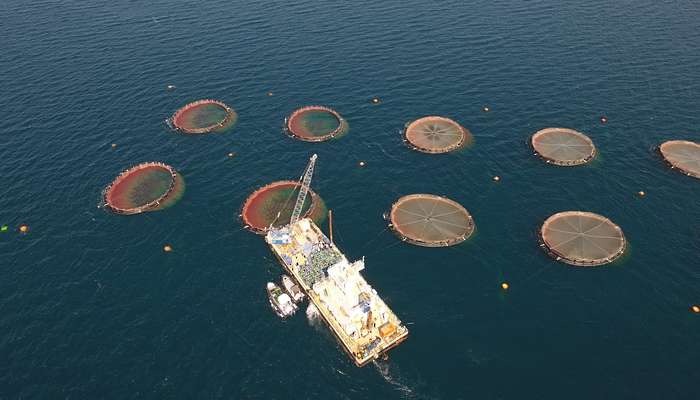In Muscat, the Food Security Lab 2024 is actively working to enhance food security and develop a range of investment opportunities related to local added value. Dr. Masoud bin Suleiman Al Azri, Director General of Agricultural and Fisheries Marketing and Official Spokesperson at the Ministry of Agriculture, Fisheries and Water Resources, stated that by the end of the lab’s work, 30 projects with an investment value exceeding OMR10 million are set to be signed. These projects focus on strategic crops with low self-sufficiency rates, such as onions, garlic, potatoes, fish farming, fish markets, and water resources projects. The aim is to increase self-sufficiency, reduce the import bill, boost export value, and create job opportunities for Omanis.
The Food Security Laboratories launched in 2021 concentrate on attracting investment and enhancing local content, added local value, employment, and food security sector enablers. During the fourth laboratory, two pillars were added: strategic planning and digital transformation. The Ministry has assigned the digital transformation project to the “Idhkaa” group with a goal of digitizing all services provided by the ministry, with 248 services set to be converted digitally. By the end of 2025, the project is expected to be completed, and 10 services will be launched on the “Tharawat” platform to encompass all services provided by the ministry.
The ministry is actively working on an investment project to achieve the goals of “Oman Vision 2040”, which includes more than 130 existing projects across various governorates of Oman. Some projects have already begun trial or commercial operations, while others are in progress. The investment value of these projects exceeds OMR1 billion according to feasibility studies. Notably, the Sultanate of Oman’s wheat production has increased significantly from 2,000 tonnes in 2022 to over 10,000 tonnes. The ministry is also allocating agricultural areas for several crops and conducting advisory studies for proposed agricultural cities in various regions.
Currently, Oman imports 40 percent of its food, but there are good self-sufficiency rates in various agricultural crops and products such as eggs and white meat. The focus is on value-added industries to further enhance self-sufficiency rates. The ministry aims to achieve high self-sufficiency rates with the operationalization of projects like the Al Namaa Poultry Project. Collaborating with the Ministry of Economy, the ministry is working on economic cluster projects in the Najd Agricultural Region to enhance food security, increase self-sufficiency rates, and reduce the import bill. By the end of the five-year plan in 2025, it is expected that significant progress will be made in achieving self-sufficiency goals.
The Food Security Lab 2024 meetings are organized by the Ministry of Agriculture, Fisheries and Water Resources in collaboration with various stakeholders and private sector companies. The focus of the lab is on fostering investment opportunities, enhancing food security, and promoting sustainable development in Oman. With a comprehensive approach that includes strategic planning, digital transformation, and support for local agriculture, the lab aims to create a more self-sufficient and resilient food system in the Sultanate. Through ongoing collaboration and innovation, the ministry is poised to make significant strides towards achieving the goals of Oman Vision 2040 and securing a prosperous and sustainable future for the country.


























